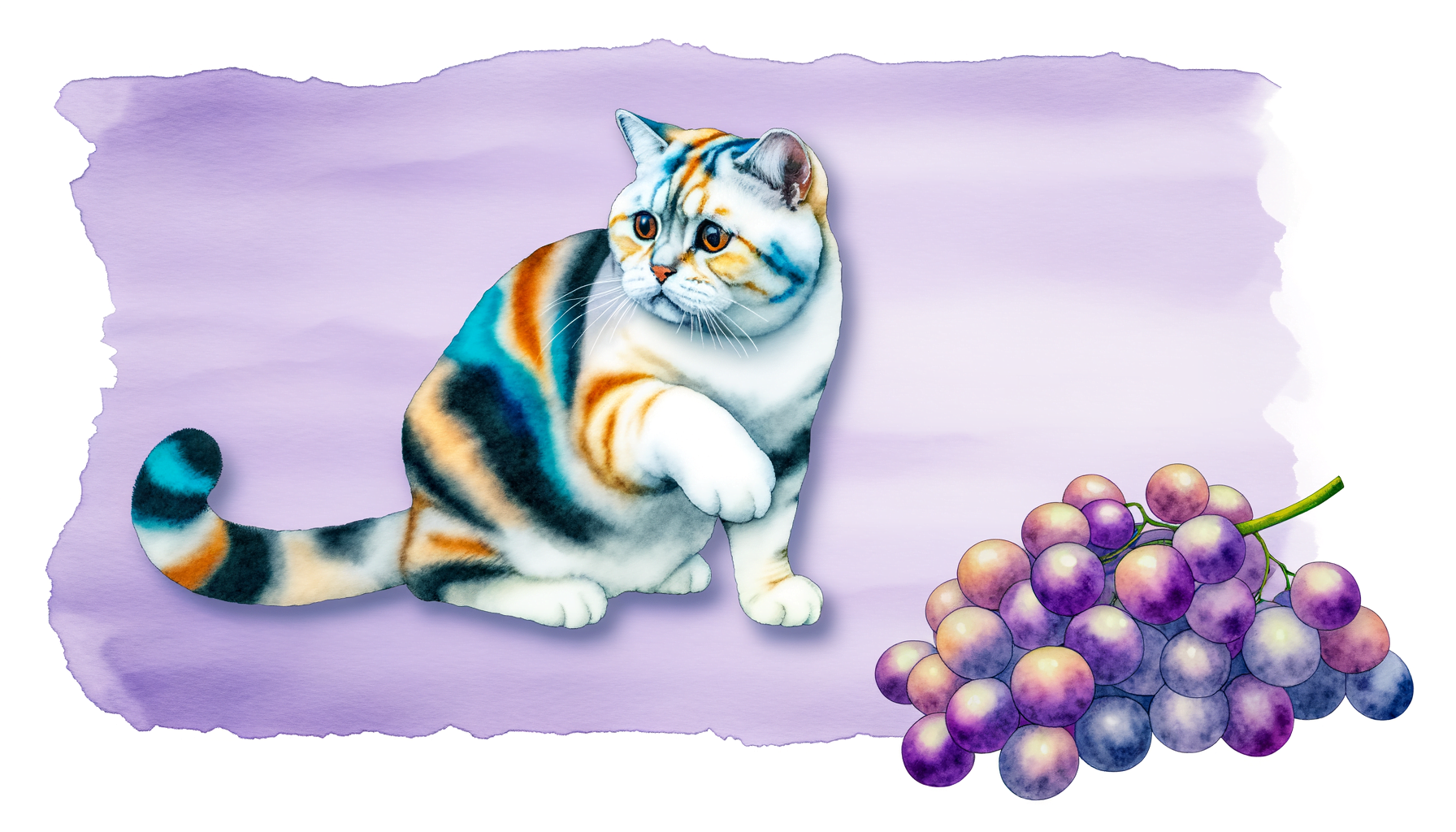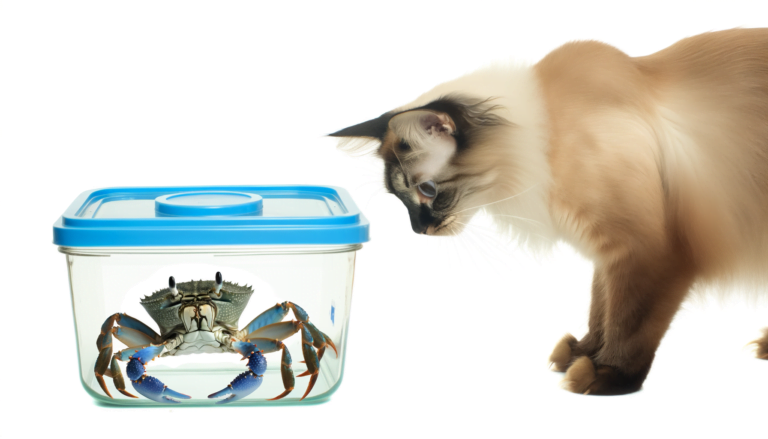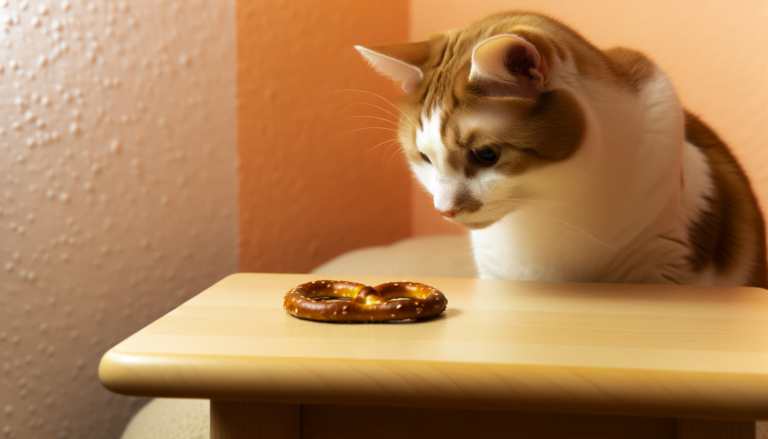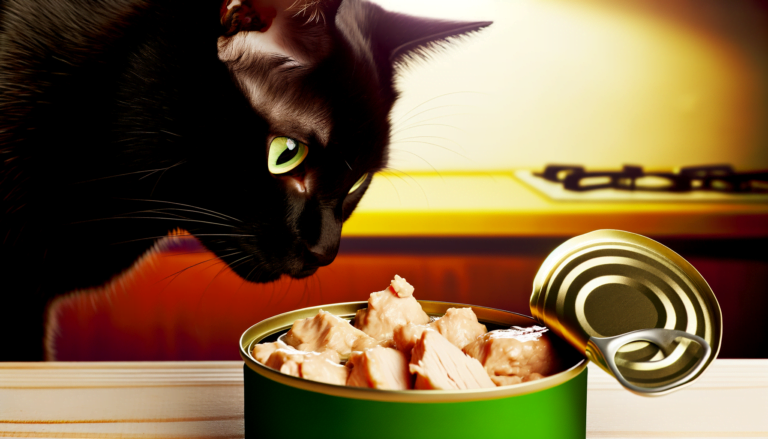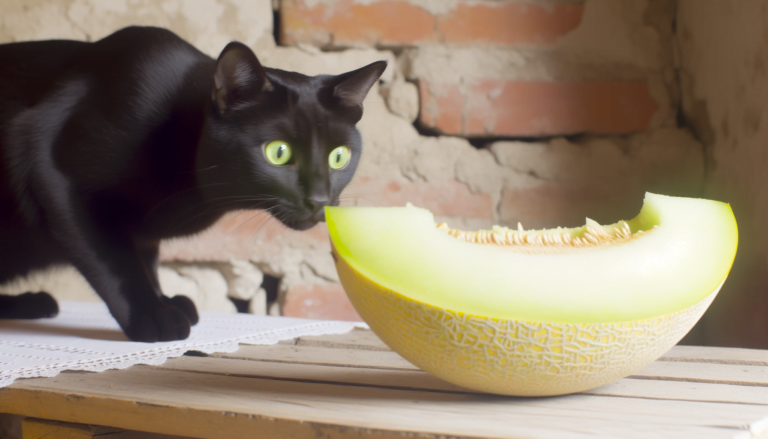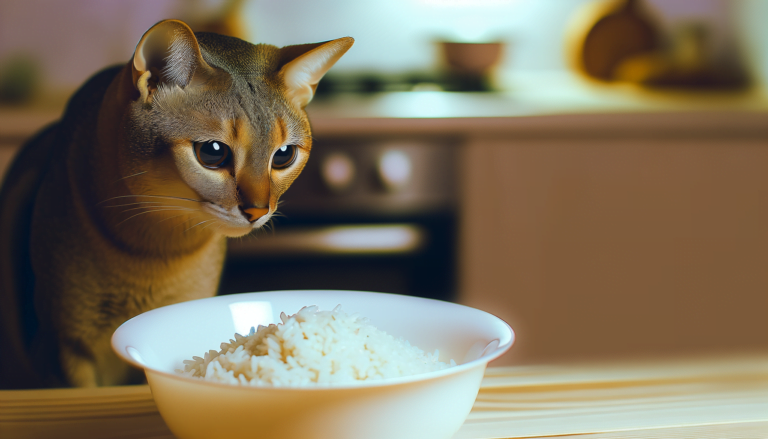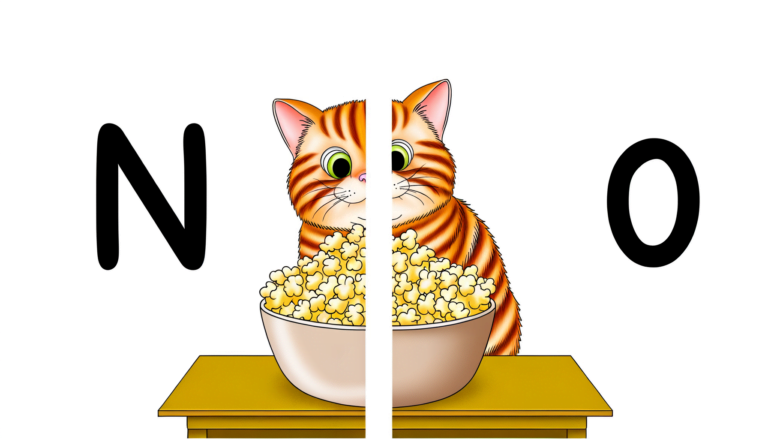Understanding Feline Diets: The Truth About Cats and Grapes
No, cats should not eat grapes. Despite their sweetness that may appeal to some cats, grapes, as well as raisins, are known to be toxic to our feline companions. Ingestion of these fruits can lead to sudden kidney failure, a life-threatening condition for cats. The exact substance that causes this reaction is still unknown to science as of January 2022, but the evidence of their harmful effect on cats’ renal health is concrete. Always ensure to provide your cat a safe and suitable diet, keeping these fruits, among other harmful foods, out of their reach.
The Effect of Grapes on Cats: A Scientific Perspective
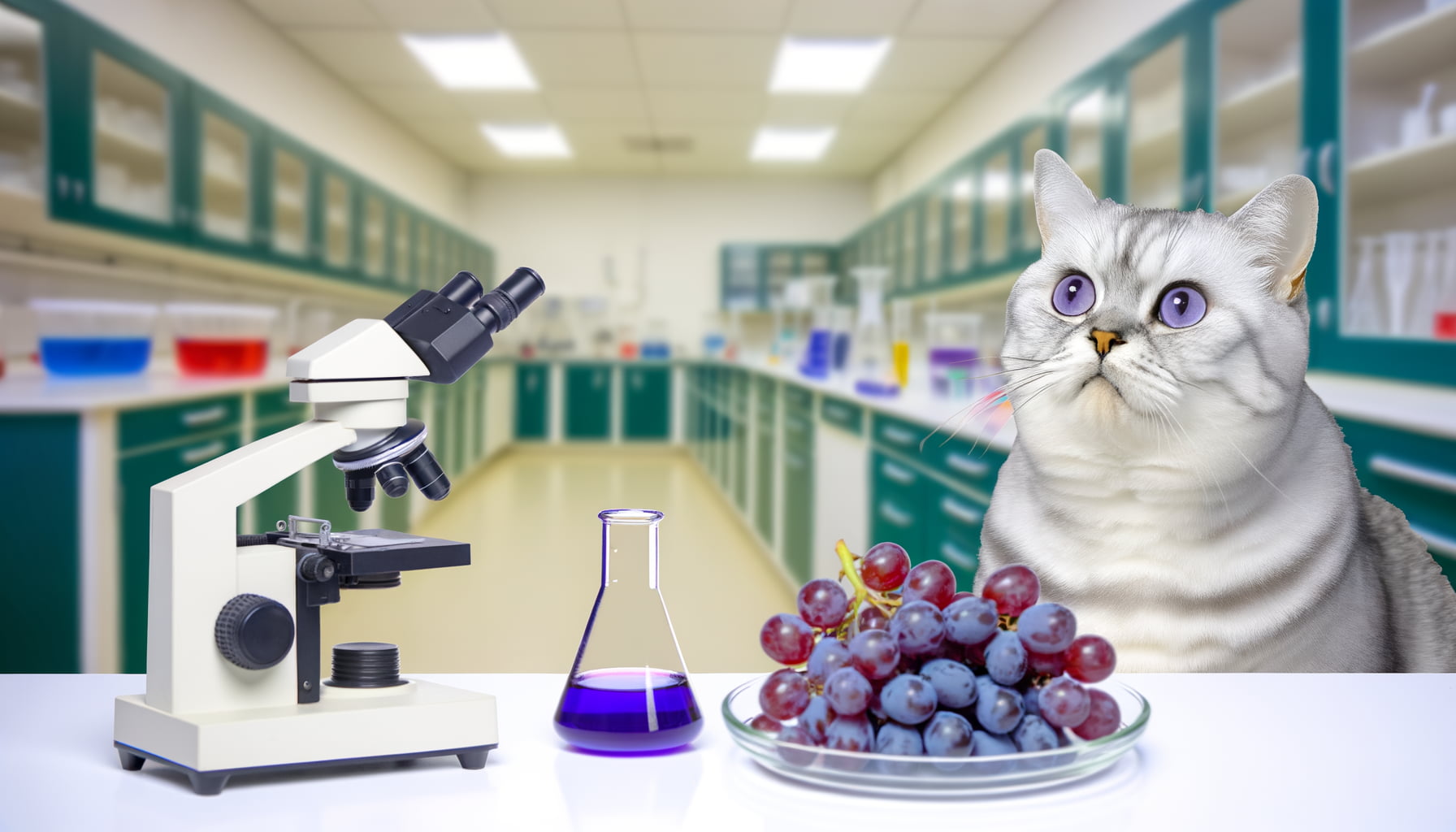
Turn your gaze to the feline dietary world, and grapes might appear as harmless, juicy treats. However, contrary to this perception, science asserts a dissonance. Toxicologists classify grapes, along with their dried counterparts – raisins, as precarious substances to cats, although the exact toxic element remains unidentified.
Studies indicate that, even in small quantities, grapes can induce kidney malfunctions in cats. The organ in cats fails to effectively filter toxins, resulting in an accumulation that harms the internal systems. Such disruptions, if left unchecked, can carry grave consequences: it ranges from acute renal failure to lethality.
Results from numerous scientific investigations accentuate that reactions might vary across different cats. Some may exhibit immediate signs of distress, while others might go unaffected. Nevertheless, the general recommendation advocates complete avoidance of grapes in feline diets, given the dire potential outcomes. Avowing safer alternatives proves more beneficial in maintaining your feline companion’s optimal health.
Understanding a Cat’s Dietary Needs
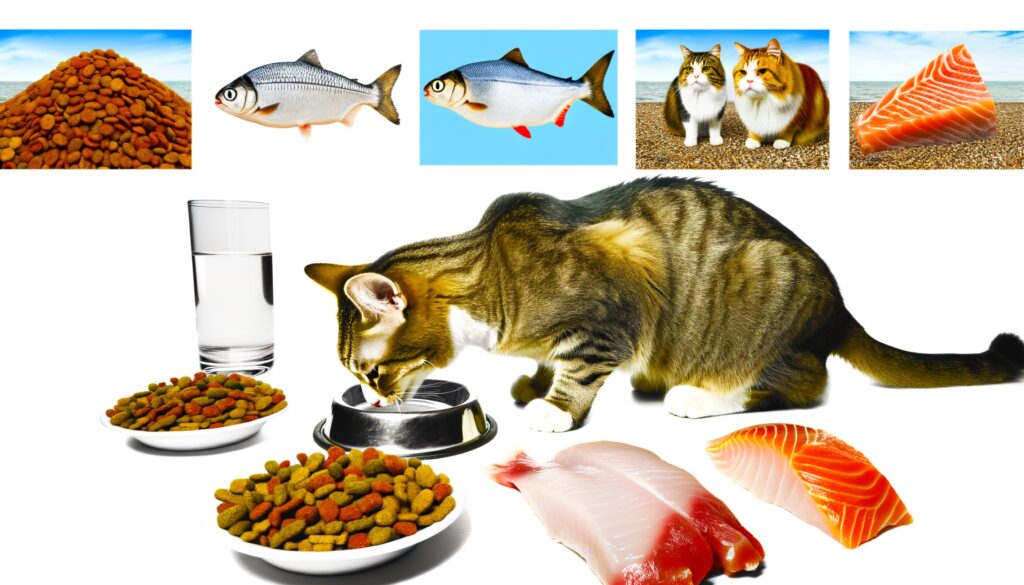
Cats, or felines, are known for being obligate carnivores. This means they require specific nutrients found primarily in meat for optimal health. One such nutrient is taurine, an amino acid vital to a cat’s heart and eye health. A lack of this in their diet can lead to significant health problems such as cardiomyopathy and vision loss. Another critical aspect of a cat’s diet is protein. Unlike dogs and humans, cats can’t synthesize certain essential proteins. They need these from their diet to assist in tissue repair and growth.
In terms of carbohydrates, cats have a much lower requirement compared to omnivores and herbivores. Their bodies have adapted to metabolize proteins and fats for energy, making excessive carbohydrates unnecessary. While they can tolerate some level of carbohydrates in their diet, a high-carb diet can lead to obesity and other health complications such as diabetes.
Lastly, cats are susceptible to deficiencies in certain vitamins and minerals that are typically found in meat. For example, they require a certain type of Vitamin A that is primarily found in animal tissues. They also need a specific form of Vitamin D, D3, which they can’t synthesize through sunlight like humans. These nutrients are essential for a cat’s overall health and well-being, highlighting the importance of feeding them a diet that is balanced and tailored to their specific nutritional needs.
Potential Health Risks of Feeding Cats Grapes
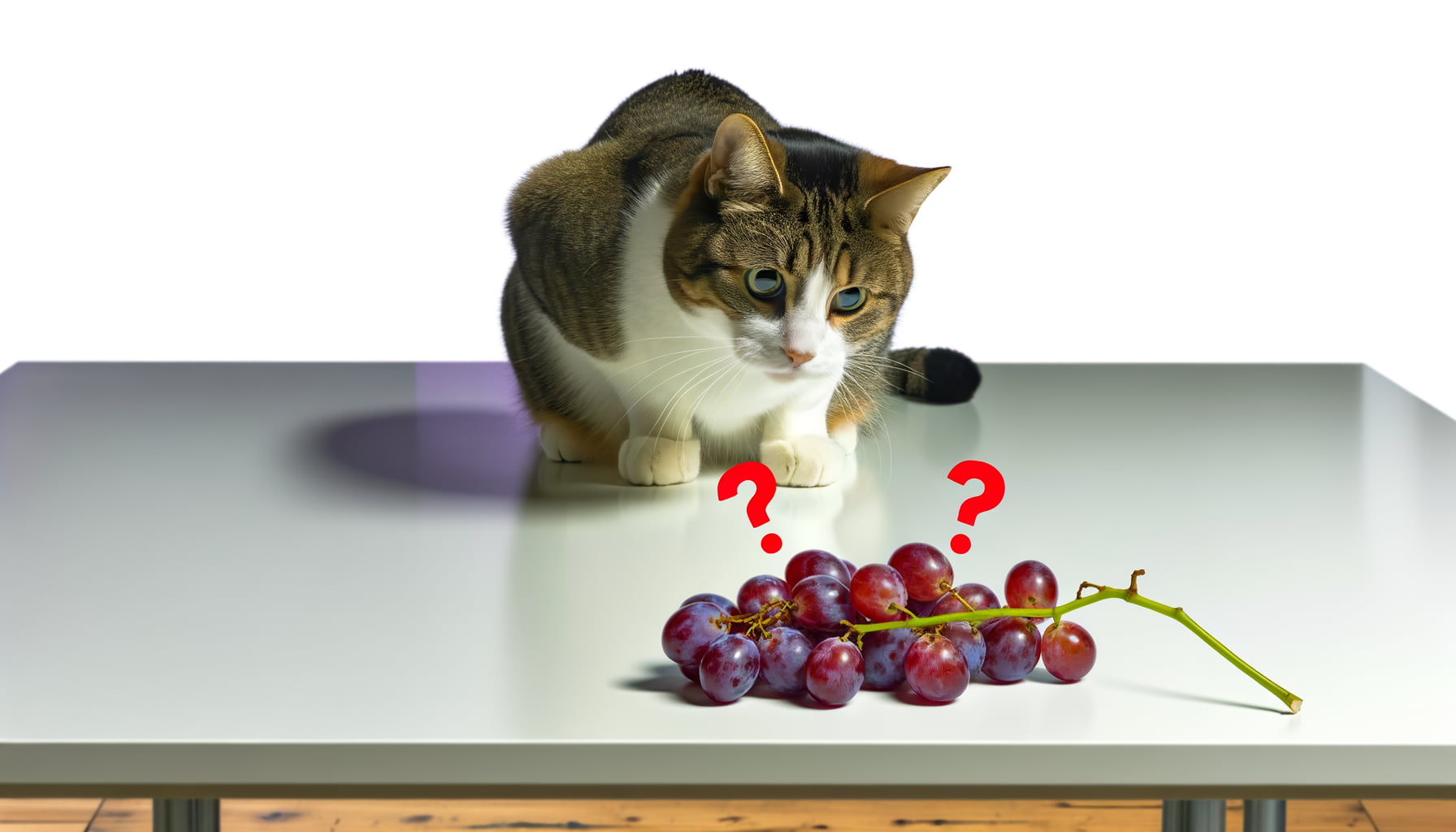
Feeding grapes to cats carries certain potential health risks. Though the exact reason remains a mystery, grapes have been recognized as harmful to a number of pets, including cats. Perplexity arises as not all cats are affected, and the degree of damage ranges vastly. Yet feeding grapes should be categorically avoided, as studies have shown, they can cause kidney injury in cats.
In some cases, just a few grapes might lead to significant kidney malfunction. Symptoms often include vomiting, lethargy, loss of appetite, or an absence of urine production — all signs of potential acute kidney injury. Burstiness, or the varying levels of severity, further complicates matters, as some cats may show symptoms after consuming only a small amount, while others can ingest more without immediate consequences. Regardless, the threat to their kidney health remains ever-present and consistent.
Long-term exposure to grapes can cause chronic kidney disease, manifesting more subtly over time. Routine feeding of grapes, despite the absence of immediate reaction, should therefore still be avoided. It is crucial to prioritize cats’ dietary safety, opting instead for scientifically approved foods over human preferences, as their physiology differs markedly from ours. In conclusion, even insignificant consumption of grapes carries inherent risks, the severity of which might vary, but the danger remains palpable.
Safe and Healthy Alternatives to Grapes for Cats
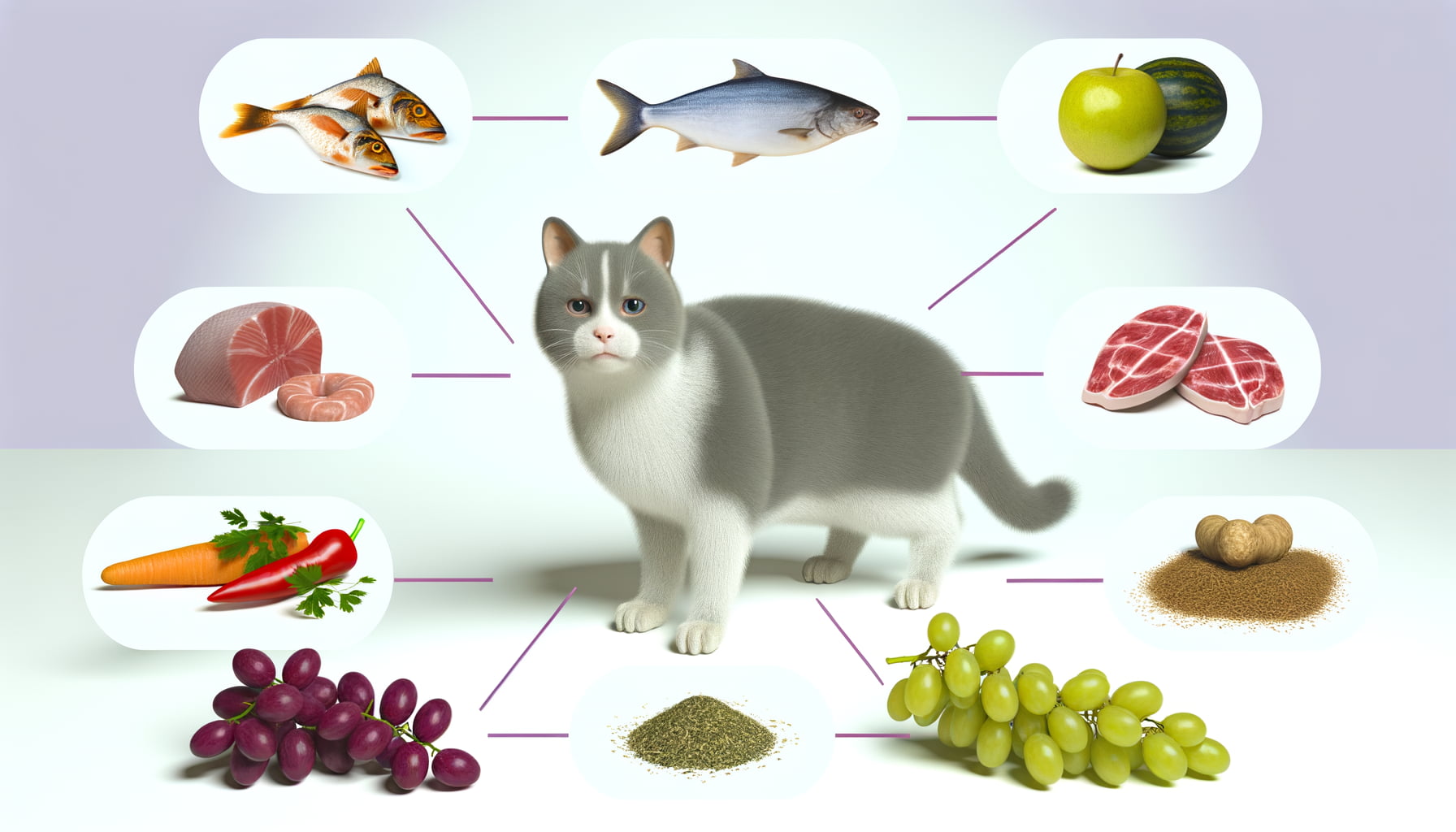
Offering felines a well-rounded diet comprises a blend of protein-rich foods and carefully selected fruits. Ensuring your cat avoids grapes is essential, given their potential toxicity. Fortunately, there are various safe and healthy alternatives to provide vital nutrients.
Protein-rich foods are a vital cornerstone of feline nutrition; hence lean meats such as chicken, turkey, and fish make excellent choices. Including fruits such as apples (de-seeded) and blueberries adds to the nutritional diversity without exposing the cat to any health risks. Cucumbers, steamed broccoli, or pumpkin are recommended vegetables that are not only safe but contain valuable nutrients as well.
When introducing new diet components, moderation is key to prevent potential stomach upset. Always consult your vet before making considerable adjustments to your cat’s diet. Thus, the risks of feeding cats grapes highlight the importance of maintaining a well-balanced, safe, and risk-free diet for our feline companions.
Conclusion
Understanding the importance of feline diets is essential for the health and well-being of our beloved cats. While grapes may be a tasty treat for humans, they can pose serious risks to our feline friends. Remember to always consult with your veterinarian before introducing any new foods into your cat’s diet to ensure their safety and health.
By being mindful of what foods are safe for cats to consume, we can help protect them from potential harm. Providing a balanced and appropriate diet is key to ensuring a long and happy life for our feline companions. Let’s continue to educate ourselves on proper feline nutrition to keep our pets healthy and thriving.
